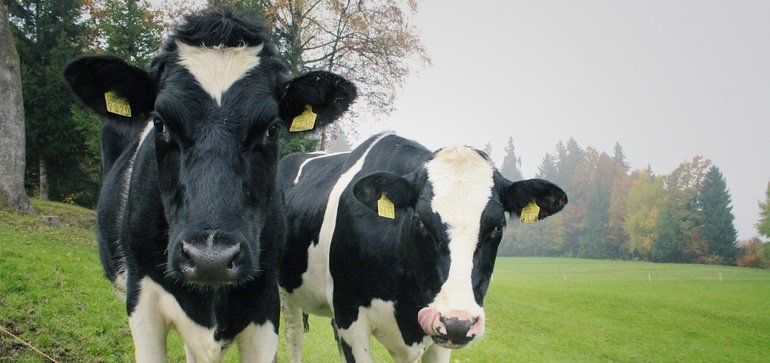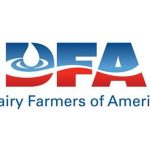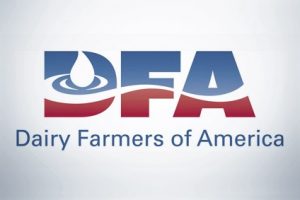
The meat aligns with the goals of the Paris Agreement by adhering to the standard of science-based targets, such as reducing greenhouse gases. It will debut throughout Brazil later this year.
Research firm Embrapa said the production of carbon-neutral beef positions the Brazilian product “at a whole new level” because it makes exports from the country more attractive.
Separately, Dairy Farmers of America became the first U.S. dairy cooperative to commit to reducing its greenhouse gas emissions 30% by 2030, according to a company release.
Consumers are increasingly considering the sustainability of the products they purchase, and this trend has only been amplified by the pandemic. Despite this push and a commitment to reduce greenhouse gasses at nearly two-thirds of more than 600 of the largest U.S. public companies, most large meat and dairy companies haven’t meaningfully addressed the most basic sustainability risks, according to a report last year from FAIRR.
However, growing momentum for consumers to reduce meat consumption to combat climate change and more plant-based meat alternatives taking market share from big meat firms has pushed more businesses to take these commitments seriously.
While Marfrig has only committed to making these products available in its home country of Brazil later this year, it said in the release it intends to offer carbon-neutral beef internationally and differentiate its products through sustainability.
Marfrig is not the only meat producer to emphasize its lower carbon footprint. Last fall, Maple Leaf Foods said it had become carbon neutral and had made significant progress toward cutting its environmental footprint in half by 2025. These commitments could encourage other meat companies to make similar pledges.
Changes like these have drawn the support of the North American Meat Institute that recently agreed to make the environmental impact of meat and poultry production a noncompetitive issue among its members. According to the United Nations’ Intergovernmental Panel on Climate Change cited by The Wall Street Journal, half of the methane emissions in the atmosphere are released from cattle and rice fields. Overall, the UN’s Food and Agriculture Organization said livestock is responsible for about 14.5% of global greenhouse gas emissions.
But the meat industry is far from being the only animal-based producer criticized for its role in global warming. The dairy sector also reportedly contributes an estimated 4% of total greenhouse gas emissions, according to an FAO report. The greater farming industry, according to the IPCC, accounts for nearly a quarter of total greenhouse gas emissions.
Earlier this year, Horizon Organic, which is owned by Danone, committed to becoming carbon positive by 2025. In its second quarter earnings call, Danone said the Horizon Organic brand grew 20% compared to the category at 10%. It will be interesting to see if a cooperative such as DFA, which recently acquired the majority of Dean Foods’ assets out of bankruptcy, will see a positive consumer reaction from its new commitment. DFA could consider using its pledge to market its products to shoppers.
While there is widespread commitment to reducing carbon emissions in animal agriculture, it remains largely clustered among smaller companies. Larger corporations that strive to achieve carbon-neutral goals will likely be faced with higher operating costs that may be passed down to consumers. But some shoppers are willing to reward those investments. About two-thirds of consumers are willing to pay more for sustainable brands, and that figure is even higher for millennials (73%) and Generation Z (72%), according to Nielsen.























